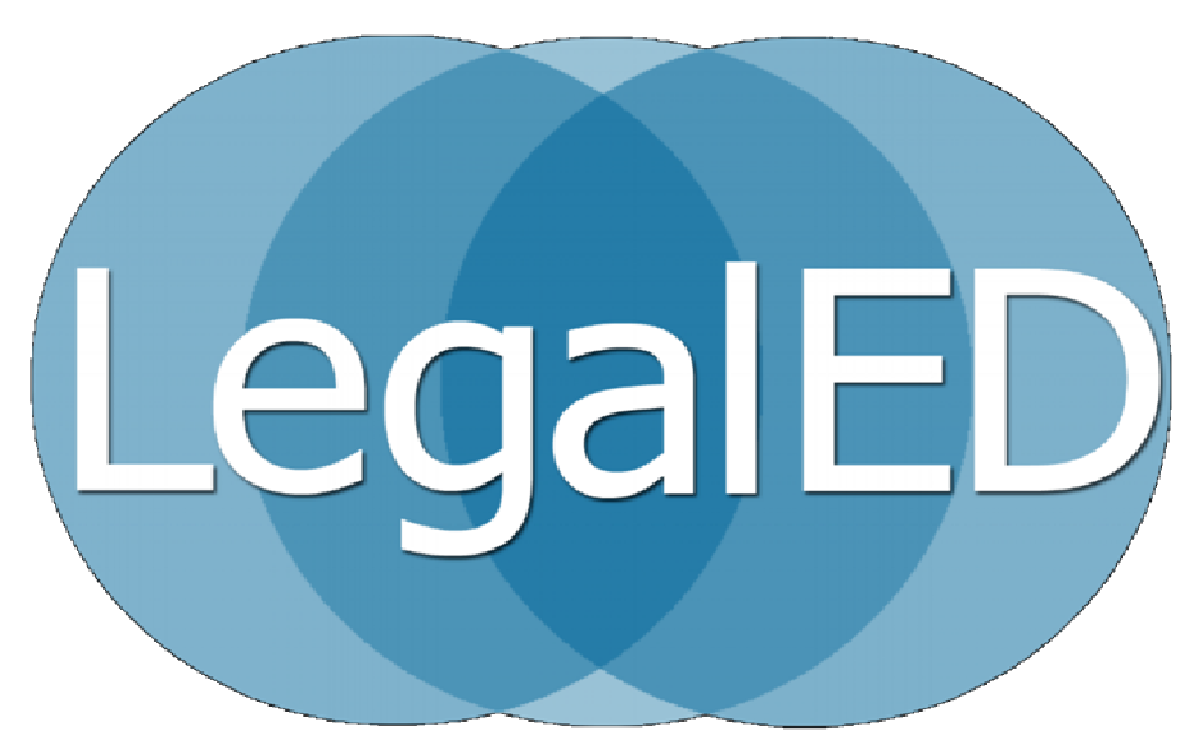Igniting Law Teaching Conference 2014
Simulations, Feedback and Assesment
Professor Boyne teaches at Indiana University’s Robert H. McKinney School of Law. Prior to entering academia, she practiced law for nearly a decade. She is a Co-Chair of the Global Crisis Leadership Forum-a interdisciplinary partnership which brings together experts and practitioners in the field of global crisis management, national security, and cybercrime. The forum organizes courses, workshops, and forum discussions that enhance individual and institutional resiliency to both man-made and natural crises and disasters.
Talk Summary: Drawing on my experience planning two successful counterterrorism simulations, I highlight keys to both planning and executing a successful simulation. Drawing on humorous “missteps” from my own experience, I encourage facilitators to stay focused on the skills and knowledge that the simulation is designed to test. While it is easy to plan an event that will challenge your students, it is important to structure the simulation to stay focused on the exercise’s core decision-making dilemma.
Renee Nicole Allen teaches Introduction to Analytical Skills, a first-year course at FAMU College of Law. She also coaches students in FAMU’s Bar Exam Success Training (“B.E.S.T.”) Program. Prior to joining the faculty at FAMU, she taught Academic Legal Skills at Phoenix School of Law. Her primary research interests are in academic success, metacognition and collaborative teaching. Professor Allen received her JD from University of Florida Levin College of Law, her BA from Mercer University and is licensed in Georgia.
Talk Summary: How are you preparing students for a career of learning? Strong metacognition (the ability to self-assess skills, knowledge or learning) is essential for law students in the self-regulated learning environment and is needed for both success in law school and the practice of law. Reflective writing in skills and doctrinal courses complements formative assessments, improves metacognition, and gives students a compass to guide their learning throughout the semester.
An experienced trial lawyer with a passion for teaching, Sydney A. Beckman is Professor of Law at the Lincoln Memorial University Duncan School of Law. Previously, he taught at the Charleston School of Law and was an adjunct professor at Texas Wesleyan University School of Law. He regularly gives presentations on using interactive technology in the classroom. He has authored dozens of articles and numerous books. His interests include evidence, technology and the law, and domestic relations.
Margaret Hahn-DuPont teaches Legal Research and Writing and Advanced Legal Writing at Northeastern University School of Law. Before joining Northeastern, Professor Hahn-DuPont taught in the Lawyering Program at New York University, and has taught first-year and upper-level Legal Research and Writing courses at Brooklyn Law School, Fordham University School of Law (where she also taught in the LL.M. program) and Boston University School of Law. Professor Hahn-DuPont received her B.A. from the University of Pennsylvania and her J.D. from Georgown University Law Center.
Talk Summary: As law professors, on the front line of training new lawyers, we need to teach our students to think independently, to challenge our students to continue their active learning beyond the classroom. Expanded active learning is particularly important in the context of legal writing. Students need to learn the art of self-critique and self-editing, to learn how to think analytically and critically about their work. This is essential because lawyers write. It is what we do.
Michele Gilman, University of Baltimore School of Law: “Assessment and Engagement Through Clickers”
Michele Gilman is a Professor of Law at the University of Baltimore School of Law. She directs the Civil Advocacy Clinic, where she supervises students representing low-income individuals and community groups in a wide range of litigation, legislation, and law reform matters. She also teaches evidence, federal administrative law, and poverty law. Professor Gilman writes extensively about social welfare issues. She received her B.A. from Duke University, and her J.D. from the University of Michigan Law School.
Talk Summary: Do you want to learn how to (a) energize your classroom; (b) provide students and faculty with instant assessment of student learning; (c) create a comfortable classroom atmosphere; or (d) all of the above? If you responded affirmatively to any of these questions, then this LegalEd talk is for you. It explains the benefits, mechanics, and best practices of using clickers (also known as student response systems) as a teaching tool in doctrinal law courses.
